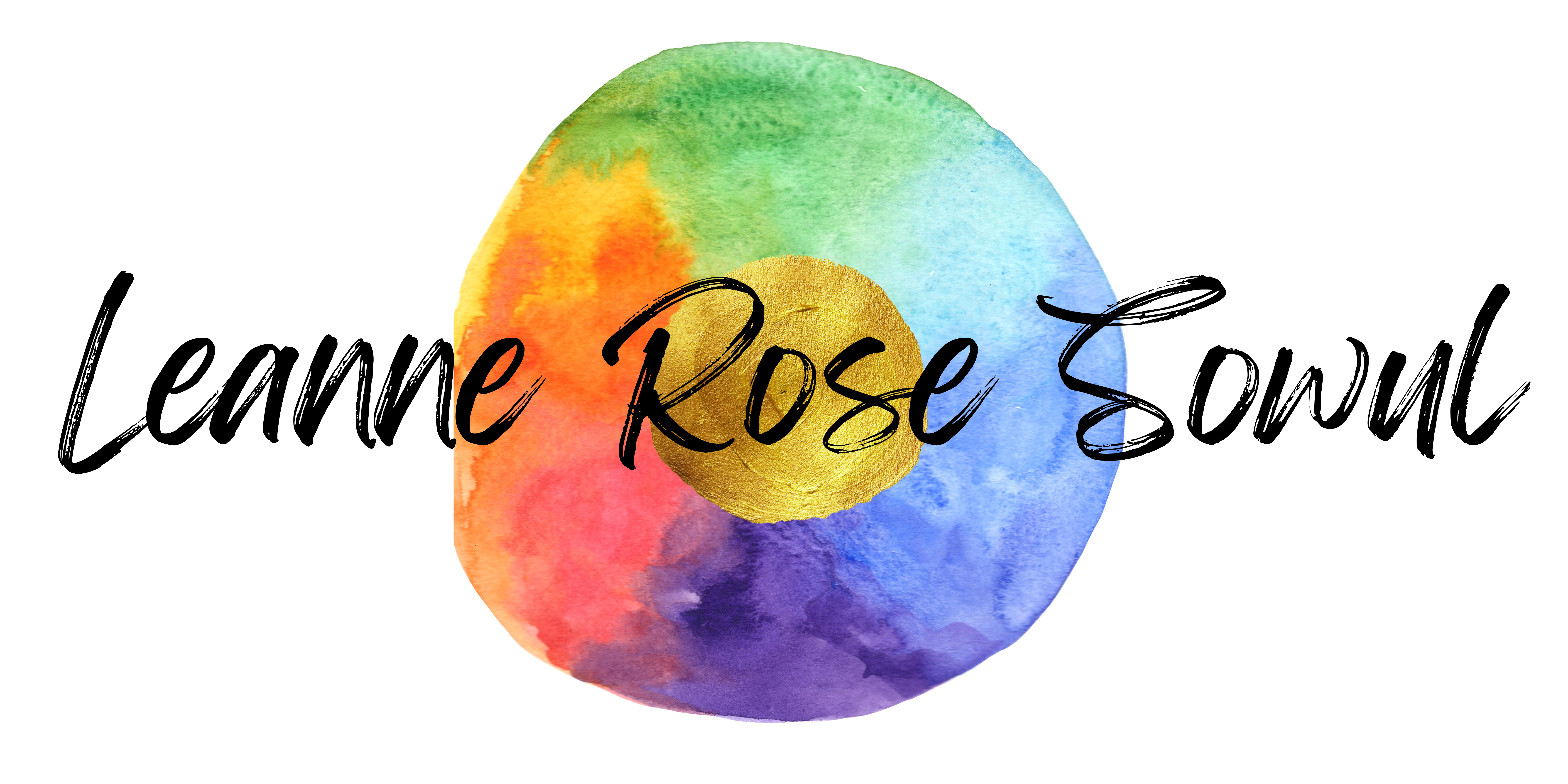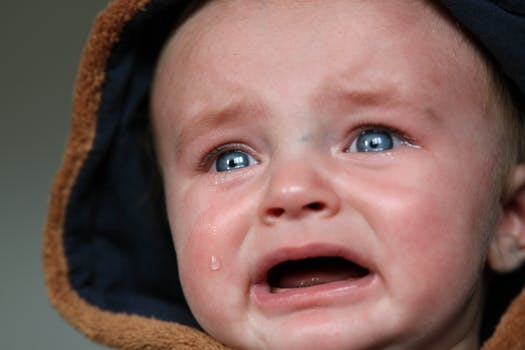My daughter turned one year old recently. She’s an amazing baby, the light of all our lives. She’s sunny and smiling and cooing and happy, nearly all the time. She loves people and is entranced by music. She’s an observer who engages with all of her senses. But one thing she hasn’t done yet is walk, or even crawl. Back at her 9-month doctor’s appointment, we expressed this concern with our pediatrician. “She’s not even trying,” we told him. “Should we be worried?”
He examined her and told us that physically, she was capable. But he’d already observed her sweet, sunny nature. “I think this has to do with her disposition,” he told us. “She’s just so content. She’s not motivated to move, because she’s happy where she is.”

I’ve thought about his statement a lot since then. My son had a different temperament. He could sometimes be content for a stretch of time, but more often would cry for me to carry him around, move him, or give him a toy. He was more discontent. Perhaps as a result, he rolled, sat up, and walked on the earlier side of average. It made me wonder: is discontentment a requirement for growth?
There seems to be some evidence to support this among those who study human nature. Wes Hopper, in his book, The Astonishing Power of Gratitude, says:
“The place you want is to be happy and dissatisfied! In other words, to be thrilled with what you have, joyful and grateful for your accomplishments and blessings, and at the same time, enthusiastic about your ability to do even better.”
And Gretchen Rubin says,
“Accept yourself, but expect more from yourself.”
According to Hopper and Rubin, we should be wary when we become too content with our daily lives. It’s okay to be mostly content, but there must be a grain of dissatisfaction for us to create motivation. I wonder if that’s how people allow time to pass by without pursuing big goals and dreams. Perhaps it isn’t laziness or lack of vision, but a surplus of contentment.
I don’t want to live in a space of discontent, but I also don’t want to miss opportunities for growth. How do I balance the two? And how do I pass that sense along to my children?
Everyone is different, but for me (and my son), the piece that comes more naturally is the discontentment. I find it easy to think of ways my life could improve and get excited by the ability to grow and change. Meanwhile, I’ve spent years working myself into a feeling of contentment and pride for my life’s work, and I don’t want to jeopardize that progress. So I’m going to keep focusing on the gratitude. But I have to remember that for others, it’s the opposite. Maybe other people are more naturally content (like my daughter) and must focus on an area of discontent if they want to live a bigger, fuller life.
What do you think? Are you more naturally content or discontent? Do you think the discontentment leads to change?


Interesting concept. I can see how this is the case in my own life. I think I tend to fall on the more content end of the scale–and I’ve always thought that I lacked ambition. That said, there are things that I definitely want to excel in, as well as areas that I know need improvement, and sometimes I have to get squirmily uncomfortable before I make any changes. I’m going to think about this more!
I’m glad it gave you something to think about, Kathy! I always hesitate when writing something that seems to divide people into this and that, but the perspective felt helpful to me, so I decided to share it.